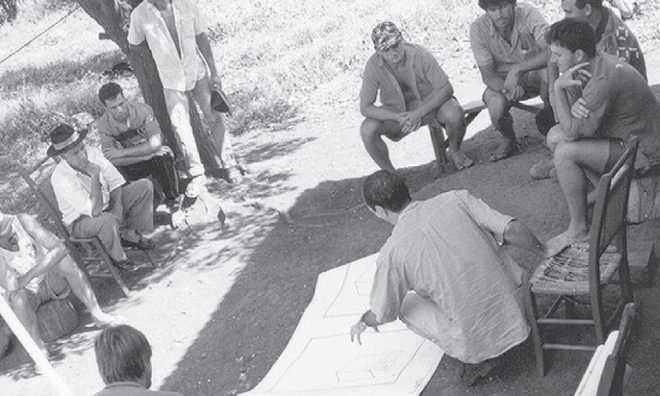
#5 THE CITY. Breakpoints
Aberrant Architecture: Typologies of Practice
Why the talk is inspiring?
Drawing inspiration from figures as diverse as Auguste Blanqui and Aldo Rossi, we ask: how can typology embolden design practices today? We look to recent design projects published in the journal Scapegoat: Architecture, Landscape, Political Economy to argue for a reappraisal of practice within the design disciplines.
2011
Speaker
Adam Bobbette, Etienne Turpin
How the speaker is exceptional?
E.Turpin (Taubman College of Architecture & Urban Planning) and A. Bobbette (Division of Landscape Architecture, University of Hong Kong) are founders and contributing editors of the not-for-profit journal Scapegoat: Architecture, Landscape, Political Economy, designed to create a context regarding design practice, historical investigation, and theoretical inquiry.
RECOMMENDS TO READ
Introduction to Civil War
Tiqqun*
Why the book is worth reading?
Since the first issue of Scapegoat appeared in 2010, we have witnessed the exacerbation of the latest global economic crisis, increasing demands for a programme of global austerity to ‘save capitalism,’ and the confrontations that arise from these intolerable conditions. Meanwhile, architecture and landscape have been called on to manifest a new iconography for a collapsing civil society. Scapegoat responds: in the service of what future will our designs take form? Tiqqun challenges their readers to question assumptions about the city and its political-economic organization. We hope to respond to some of Tiqqun’s provocations during our lecture by considering the role of architecture and design, and typology and practice, after the collapse of civil society.
*Tiqqun is the name of a French philosophical journal, founded in 1999 with an aim to “recreate the conditions of another community.” It was created by various writers, before dissolving in Venice in 2001 following the attacks of September 11, 2001. The journal was the object of some interest in the media after the arrest of Julien Coupat, one of its founders.

